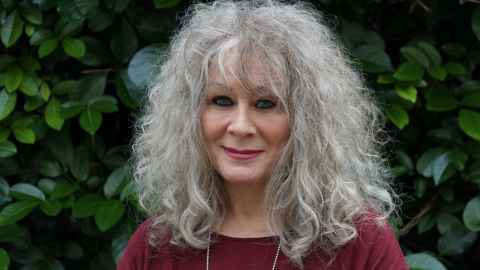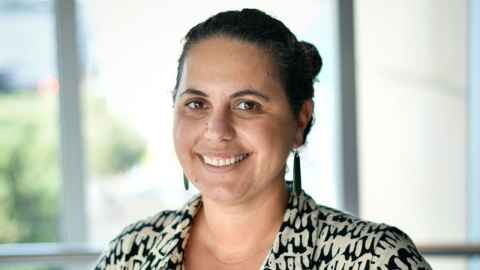Is ageism the last socially acceptable prejudice?
5 June 2025
Experts will examine ageism at a panel discussion at the University of Auckland on 25 June.

“We all need to battle internalised ageism,” says Nusch Herman, from the University of Auckland’s Centre for Co-Created Ageing Research.
A study in the United States revealed people with positive attitudes to ageing live on average 7.5 years longer than people with a negative attitude.
“The research also found that people with a positive attitude to ageing recover more quickly from illness,” says Herman.
Examining our attitudes to ageing and weeding out ageist assumptions improves the culture surrounding older people, supporting their wellbeing and eventually our own, she says.
“The American writer and activist, Ashton Applewhite, says ‘ageism is prejudice against our future selves’.
“We all age, so it’s worth challenging our negative assumptions about that process,” Herman says.
She is organising a panel discussion on ageism at the Centre for Co-Created Ageing Research at the University’s Newmarket Campus on 25 June.
Centre co-director Dr Joanna Hikaka will chair the panel, featuring psychiatrist and author Dr Chris Perkins, AUT Associate Professor and co-director of the Centre for Ageing Well Rich Wright, Kylie Te Arihi and Trent Brown from the Office of the Health and Disability Commissioner, and age-friendly advocate Dr Judy Blakey.
Ageism involves having negative thoughts, feelings or behaviours towards people based on their age, says Herman.
“It can affect people at any age – it’s not just older people.
“It’s when people are categorised and divided, based on their age, in ways that cause disadvantage and injustice.”
Young people can face similar discrimination to older people, such as being devalued on the basis of their age and potentially finding it more difficult to participate in paid work, she says.

Ageist stereotypes of older people are common in advertising and the media, where they are often portrayed as senile, incompetent, nosy, sad and lonely, or complaining and ill-tempered.
Searching synonyms for ageing quickly uncovers negative associations with being senile, long in the tooth, past it, decrepit, over the hill, and doddery, says Herman.
“Ageism depicts older people as a problem for society, and it’s often seen as the last ‘socially acceptable’ form of discrimination.
“It’s important to counter ageist stereotypes, because they’re not based in reality.”
On average, life expectancy has almost doubled over the past 100 years, which is one of humankind’s greatest achievements and should be celebrated instead of feared, she says.
“We need to be really cautious about seeing ageing as failing.
“If you’re physically showing signs of ageing, that’s natural, yet corporations are making a lot of money from pills, potions and plastic surgery.”
Let's Talk About Ageism is a free panel discussion on 25 June from 10am to 12pm at the Ray Meyer Building, 314-390 Khyber Pass Road, Newmarket, Auckland.
All welcome – register here.
Media contact
Rose Davis | Research communications adviser
M: 027 568 2715
E: rose.davis@auckland.ac.nz